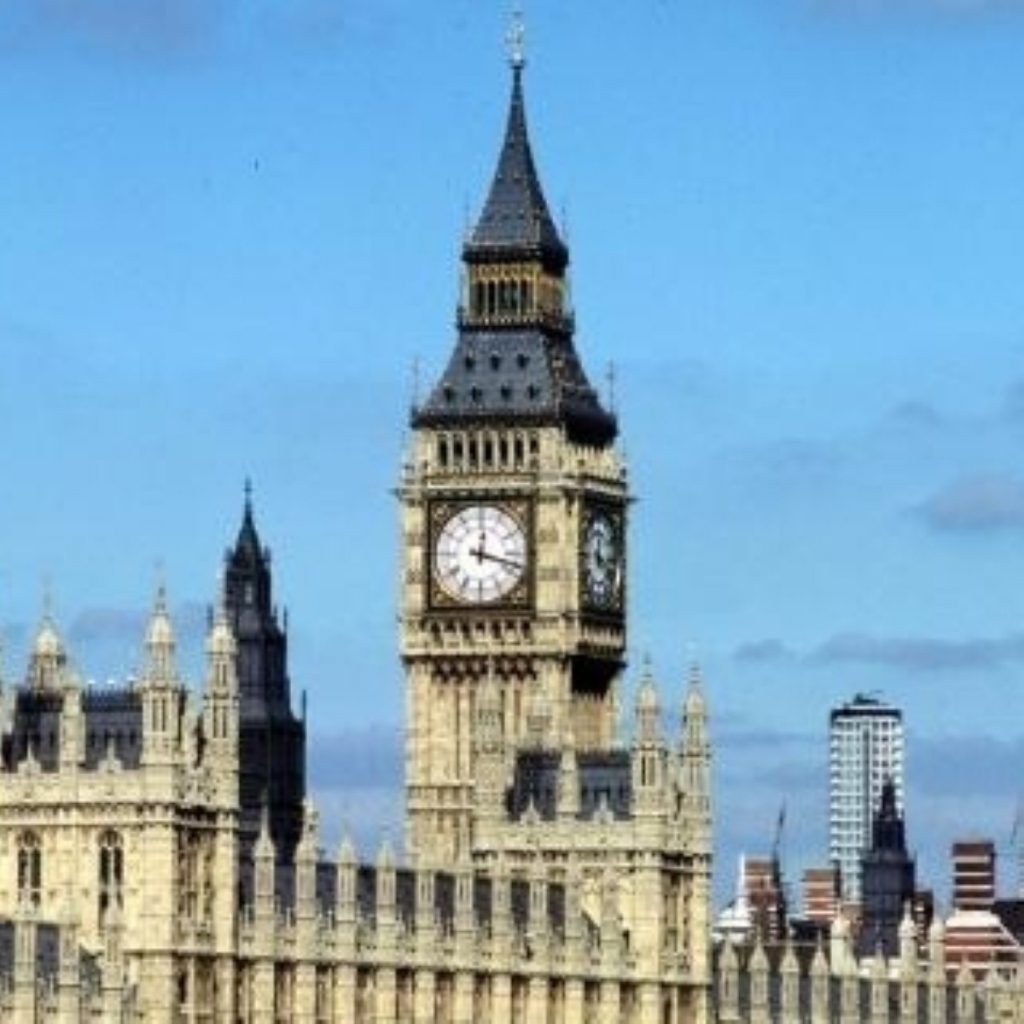Fast-track US extradition to go ahead
Rules allowing fast-track extradition to the United States were pushed through yesterday, after Conservative peers decided to support the legislation.
The House of Lords gave up on its amendments to the police and justice bill, accepting the Commons’ rejection of them.
Under the 2003 extradition treaty, which replaced a 1972 agreement, British prosecutors must provide evidence before extraditing US citizens to face trial in the UK. However, their American counterparts need only offer “information” to bring British citizens to the US.
The government insists the two requirements are broadly similar, but critics argue it is in fact much easier to extradite someone from the UK to the US than vice versa.


The issue gained a high profile this summer with the extradition of three bankers to the US, the so-called Natwest three, but there have long been concerns about the way the 2003 treaty was negotiated.
The House of Lords had voted 189 to 152 to reinsert a motion removing the US from the list of countries not required to present evidence to extradite a British citizen.
But MPs rejected this amendment by a majority of 94.
Home Office minister Baroness Scotland told peers that the margin of the defeat of the Lords’ amendment was “a powerful message on which this house will want to reflect carefully”.
“There is a balance to be struck between the interests of justice for the victims of crime and the rights of the accused. The government believe that we have struck the right balance in designing our extradition arrangements,” she argued.
Liberal Democrat peer Lord Goodhart replied: “The noble Baroness talked about ensuring that victims of crime in this country get justice. Of course that is right, but is not someone who is extradited to the United States unjustly himself a victim? Has he had the justice which he deserves? We believe that he has not.”
The bill was passed after Tory peers withdrew their support for the House of Lords amendments.
Lord Kingsland, for the Conservatives, said that he still believed it was “a bad treaty, which should never have been signed”, but added: “We have sent the bill back to the elected house twice, and it has come back to us twice, effectively unchanged.
“It would be wrong for the unelected house, having faced two repudiations, to send it back one more time.”












